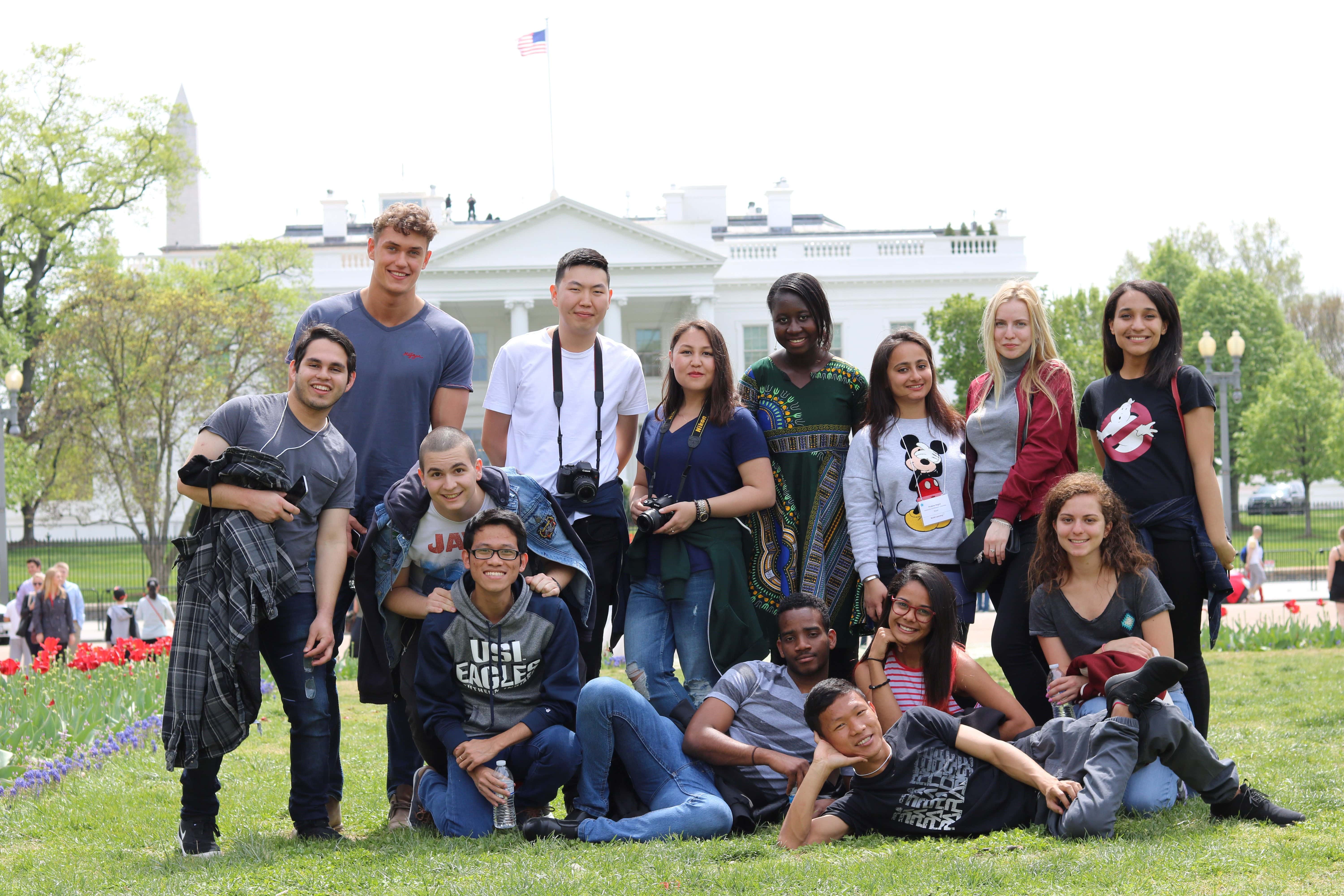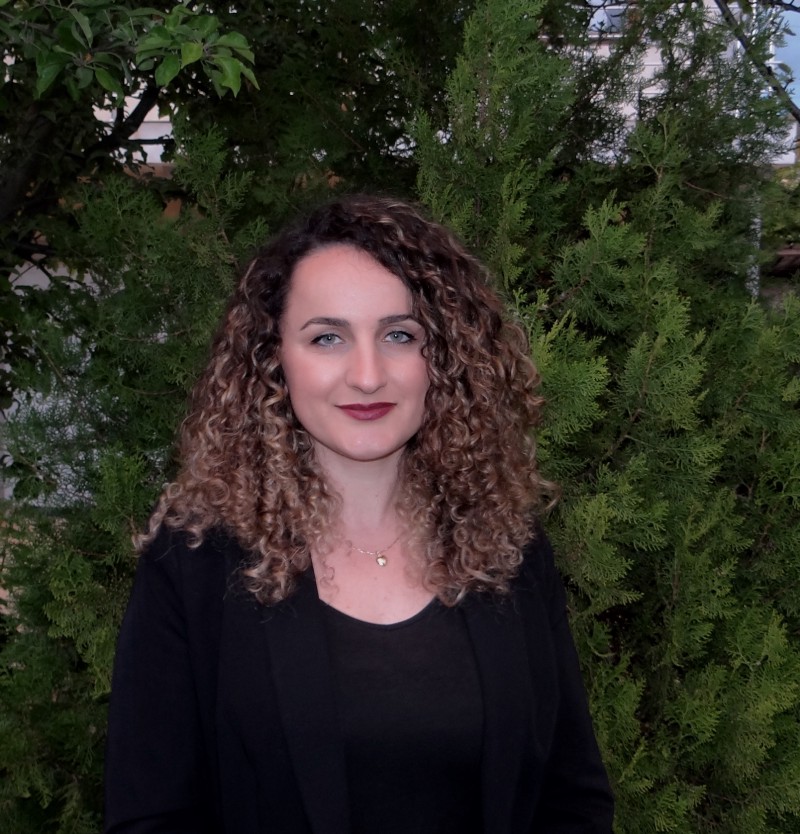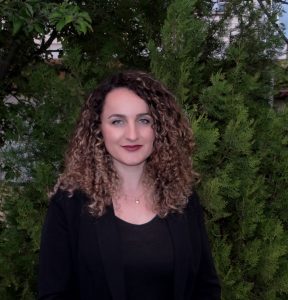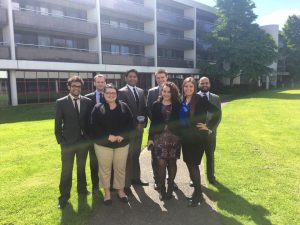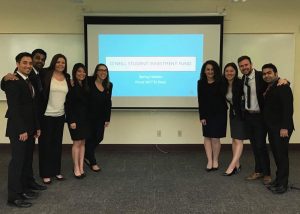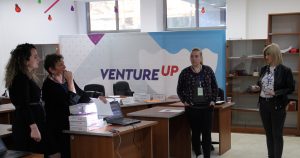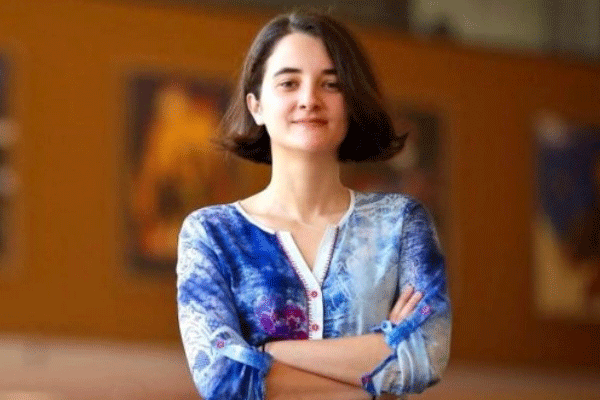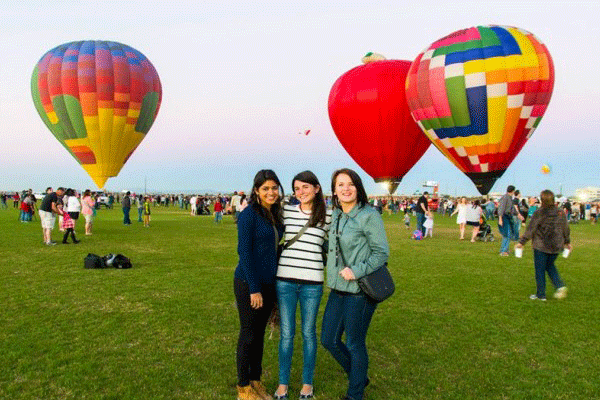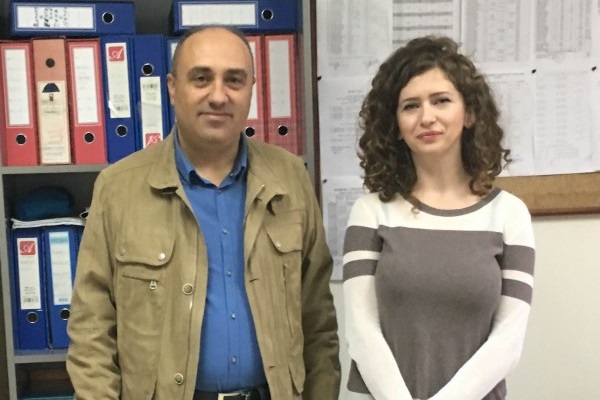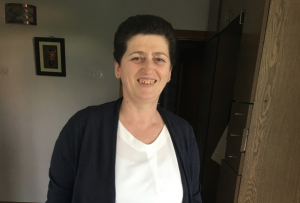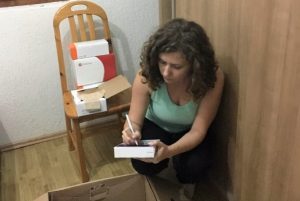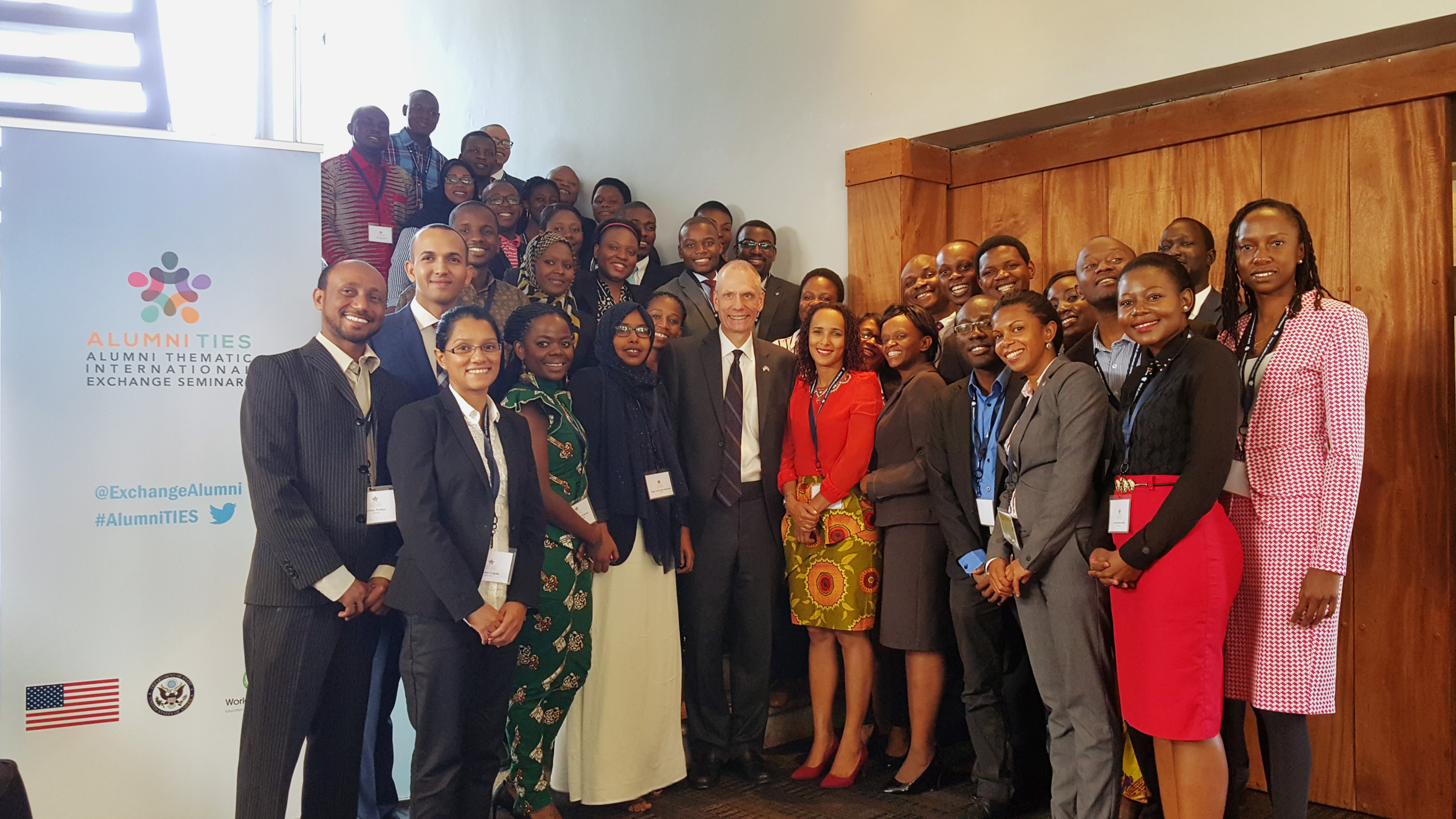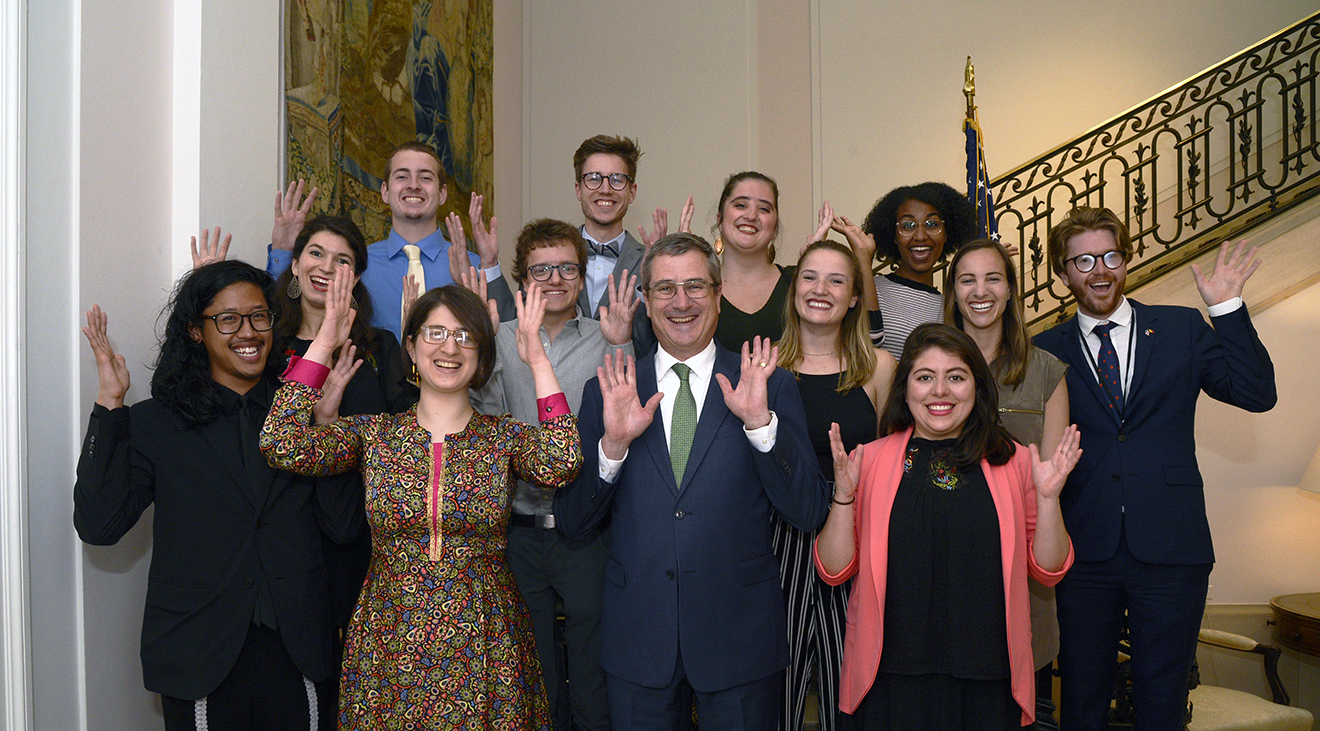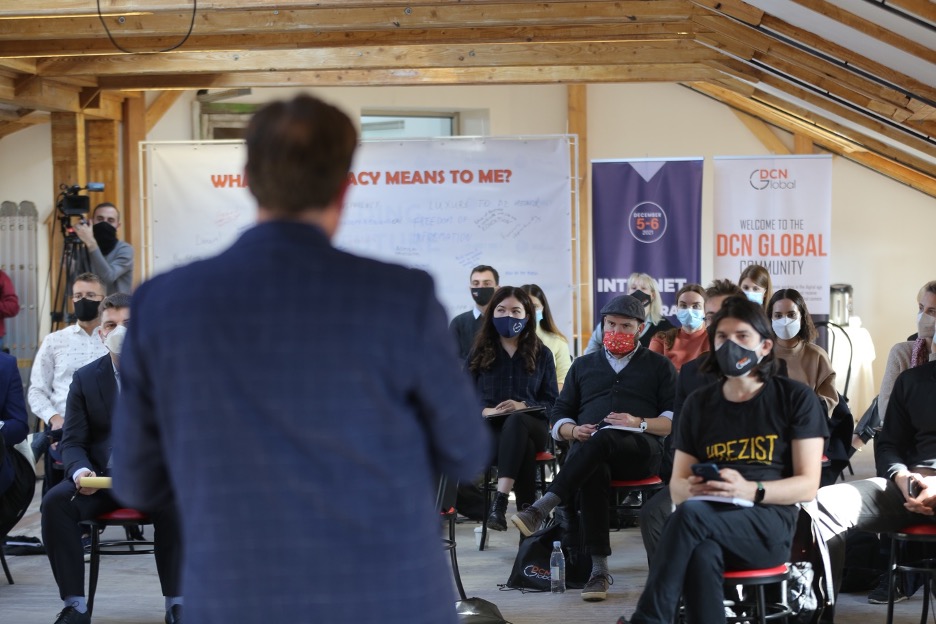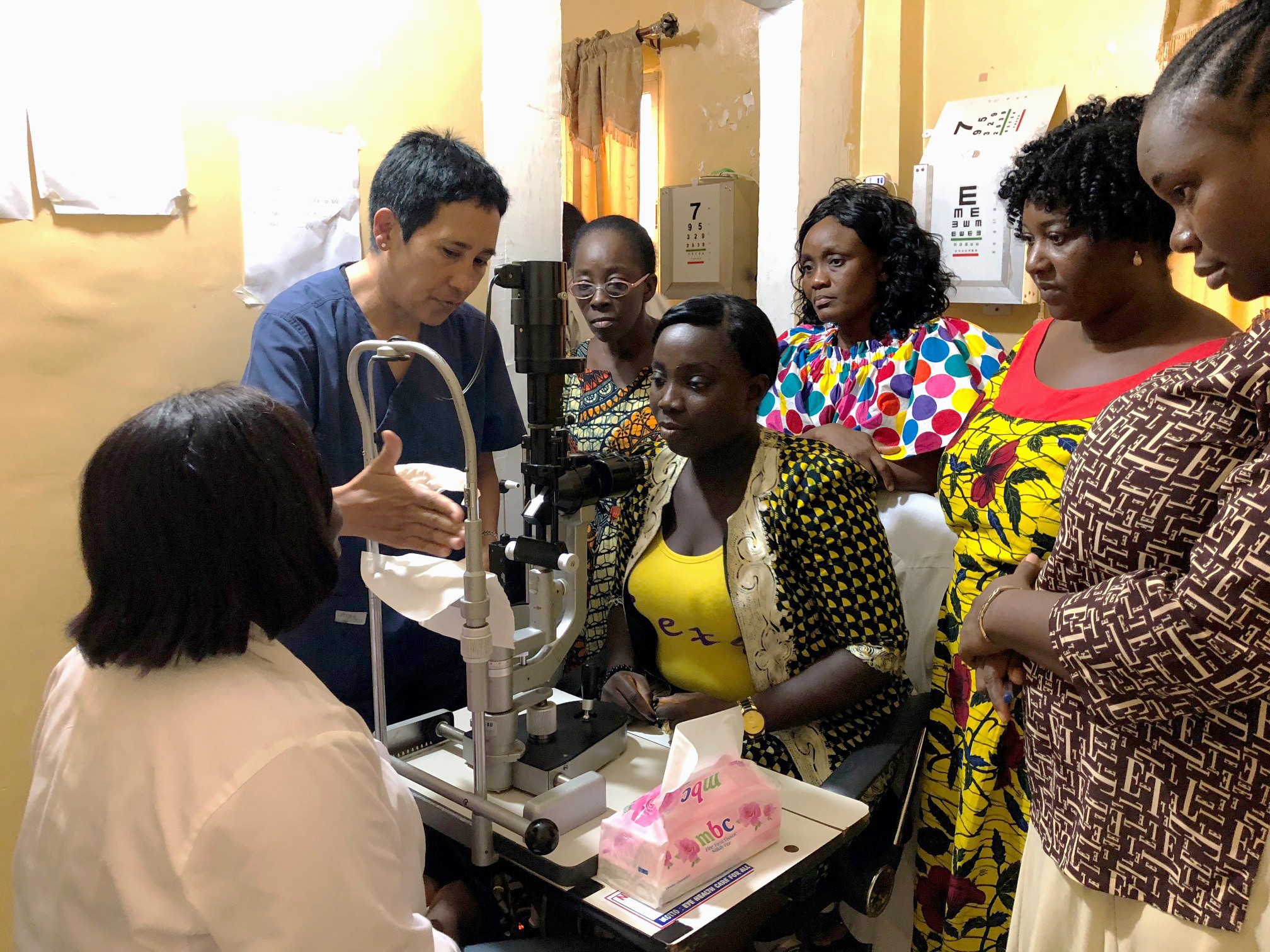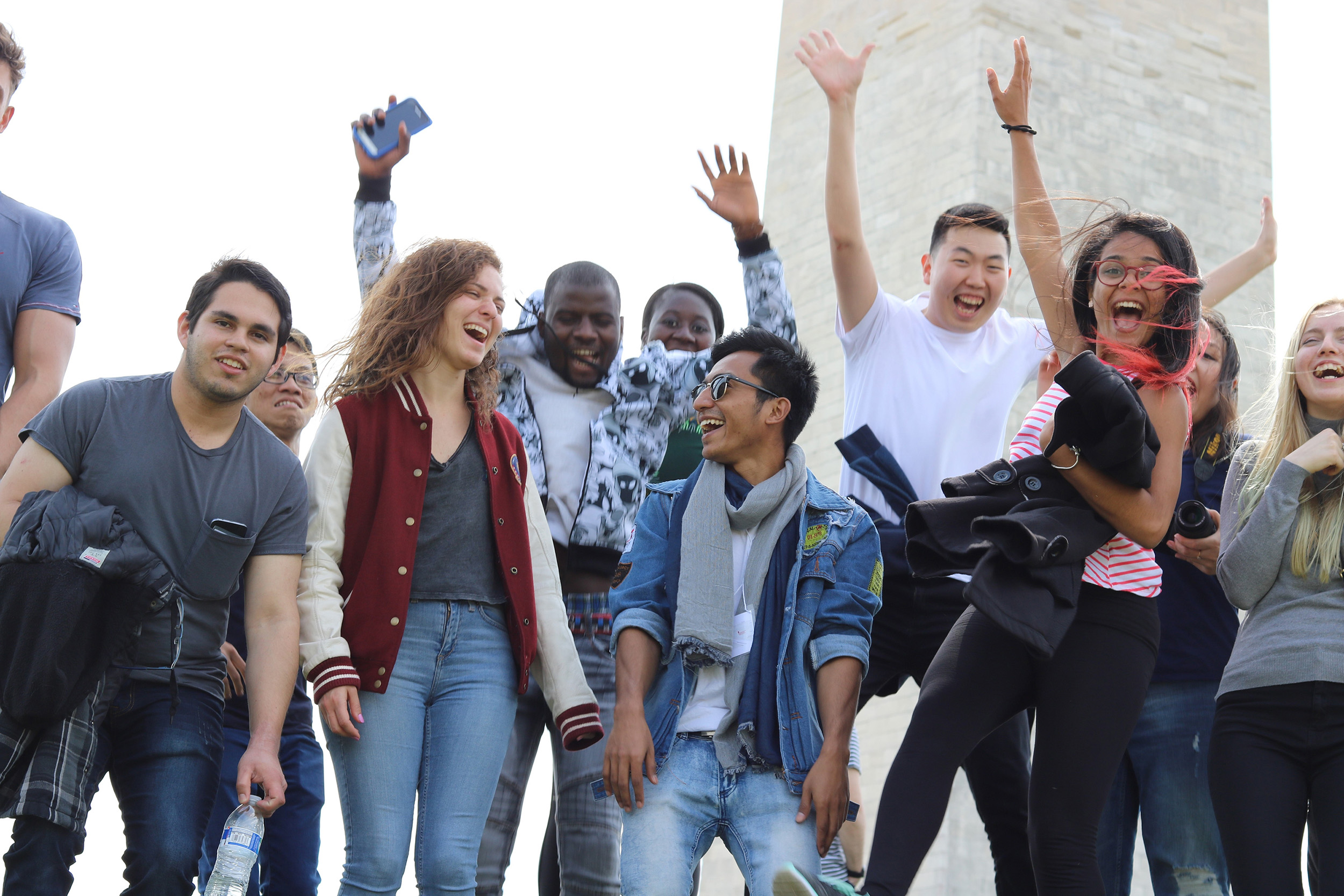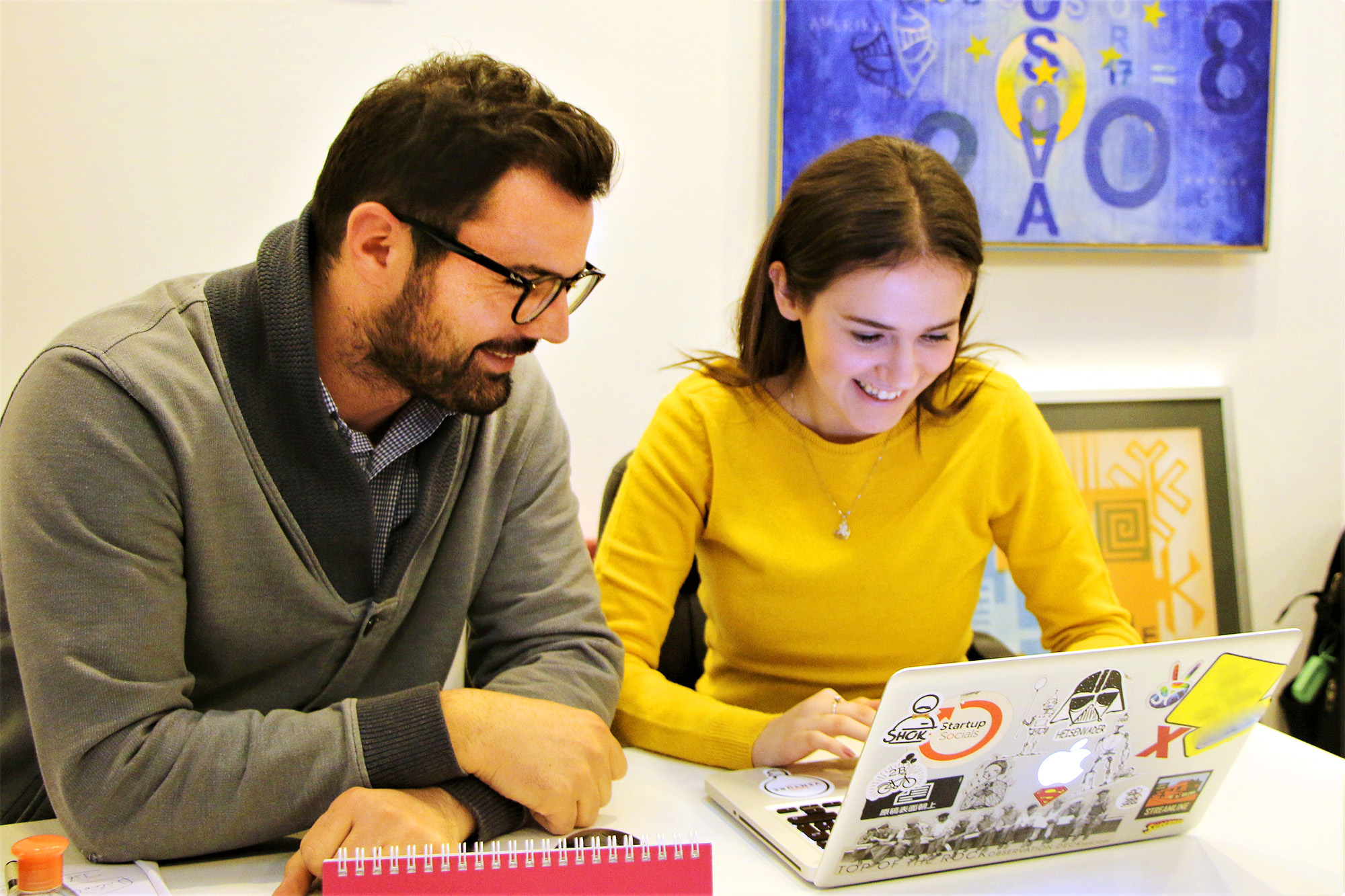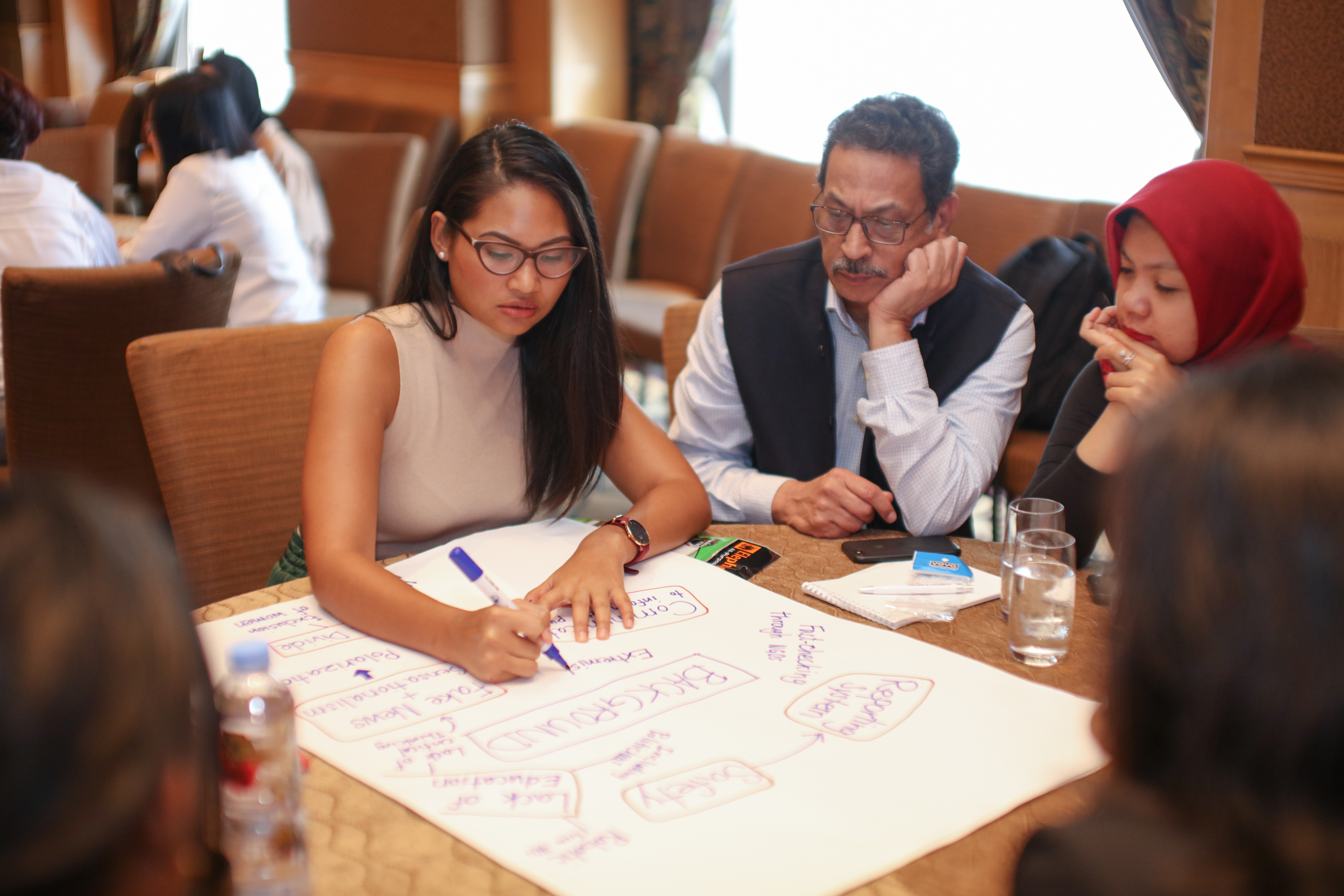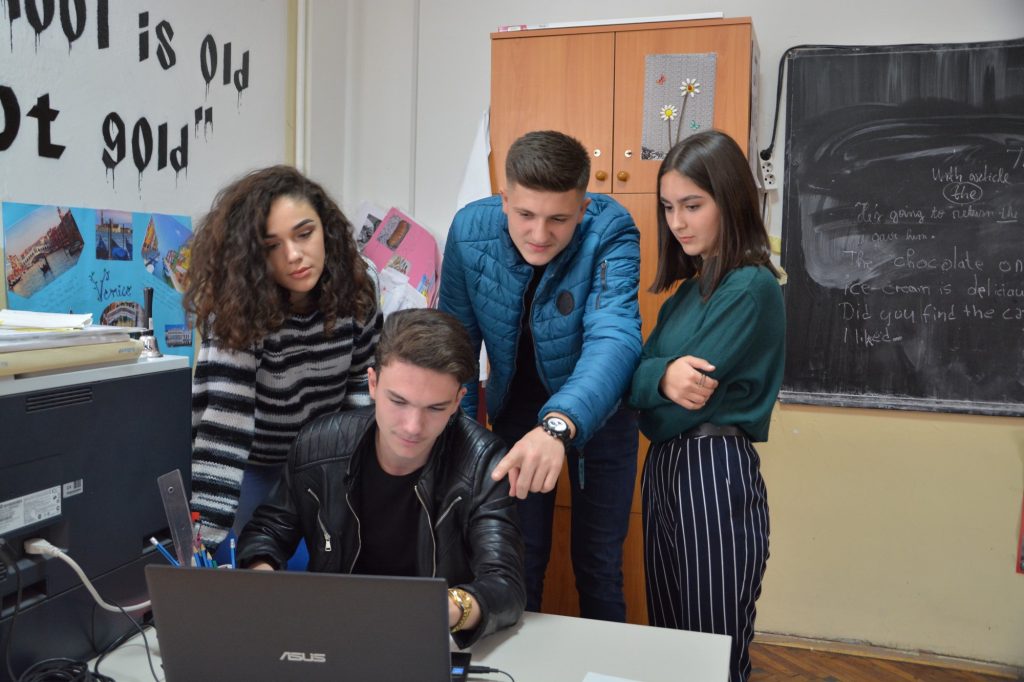
Youth in Kosovo face a difficult labor market — but so do private-sector employers. About 18,000 people enter Kosovo’s labor market every year, while the economy generates only 10,000–12,000 new jobs, leaving many youths unemployed.
At the same time, many employers are unable to find Kosovars with the skills they need to grow their businesses. The skills gap is a serious issue that is constraining futures for Kosovar youth and for the economy as a whole.
In recent months, World Learning has partnered with the Kosovo Career Development Foundation (KCDF) to conduct the 2021 Youth Barometer study of career guidance and to gather private-sector perspectives on how to solve the skills gap. Together, our organizations hosted an influential event on Sept. 10, 2021, bringing together private-sector leaders in direct discussion with education and youth representatives.
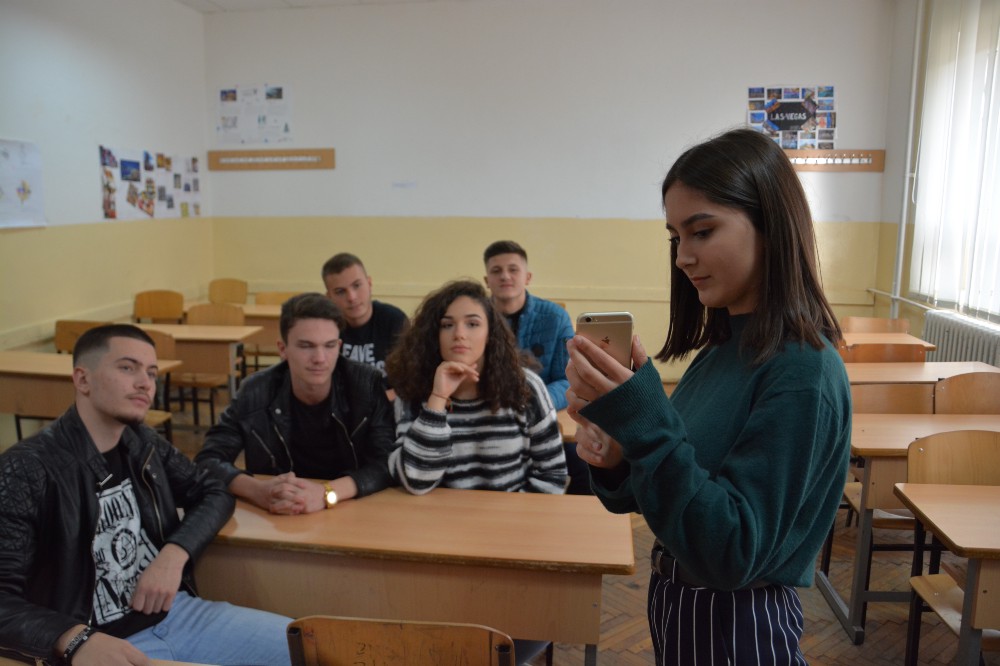
According to the Youth Barometer, 60 percent of students reported finding it difficult to find a job in their hometown. This is strongly affected by their contact with the private sector during their studies. Female students experience significantly more roadblocks entering the labor market than male students, as do Kosovo’s minority populations including Roma, Ashkali, and Egyptian jobseekers.
KCDF CEO Sovran Berisha explains, “Our study finds that around 60 percent of VET [vocational education and training] school students have a good understanding of their future occupation, while only 10 percent of gymnasium [academic high school] students share this opinion. And only 30 percent of graduates have been involved in internships during high school. A greater focus should be paid to aligning curricula to business needs, and students should obtain greater support in exploring opportunities in the labor market.”
Among the key industries in Kosovo having trouble recruiting enough workers is the wood processing sector.
Arjeta Vula-Pozhegu, executive director of the Association of Wood Processors of Kosovo, says “There are 1,600 wood companies in Kosovo and the demand for workforce in this industry is constantly growing. There are two issues. First, there is lack of people interested to work in the industry, and second, the people who show interest do not have the adequate skills and competencies demanded.”
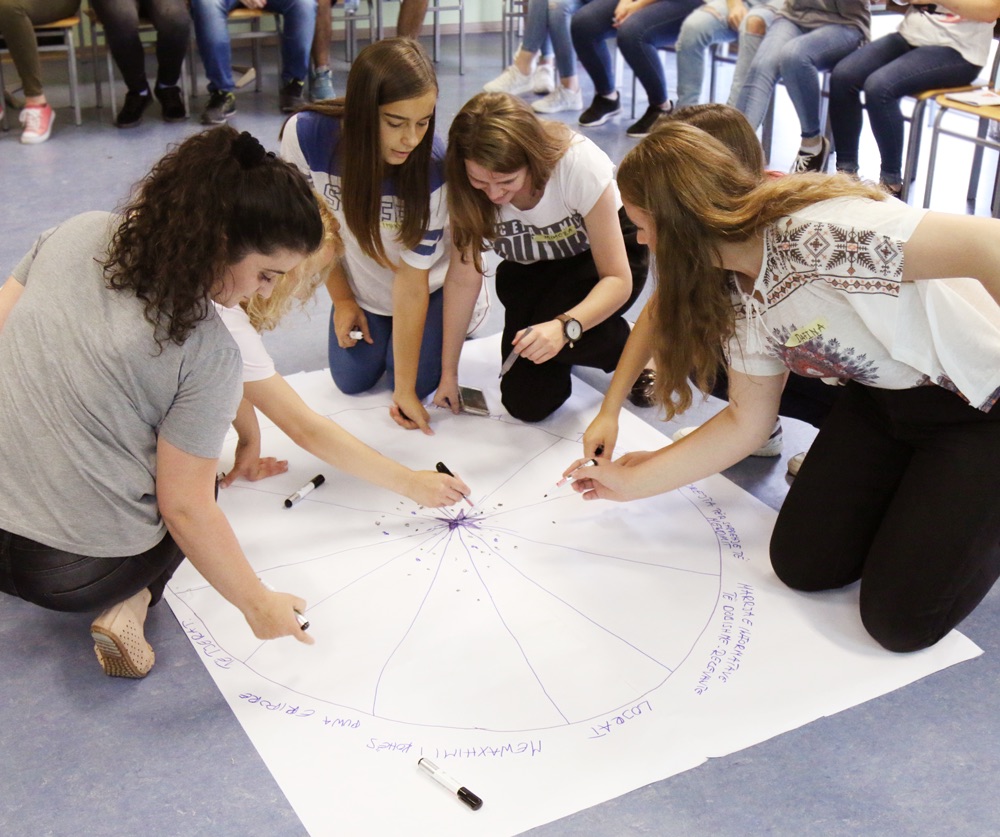
Bekim Kasumi, CEO of the ICT company SmartBits, remarks, “Schools are not preparing students with basic life skills such as communication skills, problem-solving, writing, self-managing skills, and so on. Universities should develop curriculum for their profiles and employ professionals who are competent to implement the curriculum.”
Those present in the Sept. 10 discussion suggested an immediate need for solutions, given that significant potential for private-sector growth is constrained by recruitment challenges. Private sector-led solutions include offering more internship placements for students and contributing toward updating curricula.
A representative of the Kosovo National Youth Congress, Dea Fetiu, agrees that “school is not preparing students for the labor market, and basic skills, such as writing an email, communication, and critical thinking are not being taught.” She recommends mandatory internship programs as a solution.
Majlinda Rizvanolli, advisor to the Minister of Education, Science, Technology, and Innovation (MESTI), explains “To advance this internship framework, we will need to develop discussions and cooperation between the private sector and education institutions. MESTI is actively working in this regard.”
Some of the initiatives underway, she explains, include reforming the Career Guidance framework to standardize the model for career education across public schools; setting up a working group to talk with leaders in strategic industries and businesses about their needs and potential solutions; and developing a dual VET system compatible to the needs and the context of Kosovo.
Vocational education providers face challenges of their own. Zejnullah Rrahmani, executive director at the vocational training center VTC Prishtina, declares, “We need more support in promoting VTC profiles. Also, our institution is not capable of following the fast-changing demands for skills in the profiles that the VTC offers, as well for other profiles that are demanded by jobseekers.” As an example, Rrahmani says, it’s difficult for VTC trainers to lecture about the operation of certain machinery.
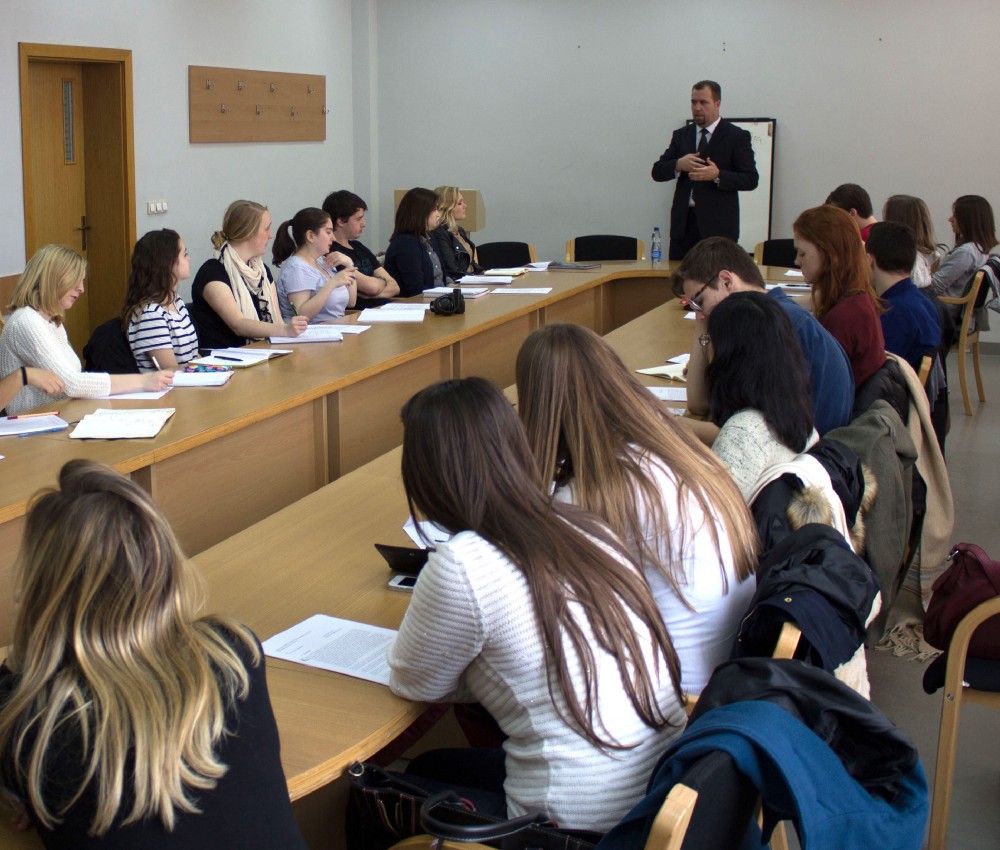
Private-sector representatives at the meeting recognized the need for greater leadership in their sector to resolve these issues. They stressed the importance of business associations to advocate for the needs of their industries, and for the public sector to better coordinate with them to align education supply with the education demand.
“Occasions like these, when private-sector representatives can speak directly with the leaders of education and training systems, are crucial for resolving the skills gap,” comments Dr. Catherine Honeyman, the leader of World Learning’s youth workforce development programming worldwide.
“These opportunities do not happen often enough, and World Learning is pleased to have supported this conversation in Kosovo, part of our long-term commitment to the country. The understanding and relationships built during these conversations will provide an important foundation, as we continue working toward more effective systems that can respond to youth and private-sector needs at the same time.”
World Learning has been engaged in Kosovo since 2004 through USAID-funded initiatives supporting the training of leaders from civil society, public, and private sector. This work has also included developing the capacity of Kosovo’s premier public university, the University of Pristina, to improve higher education to prepare youth for the workforce.
View the full conference on Facebook.






